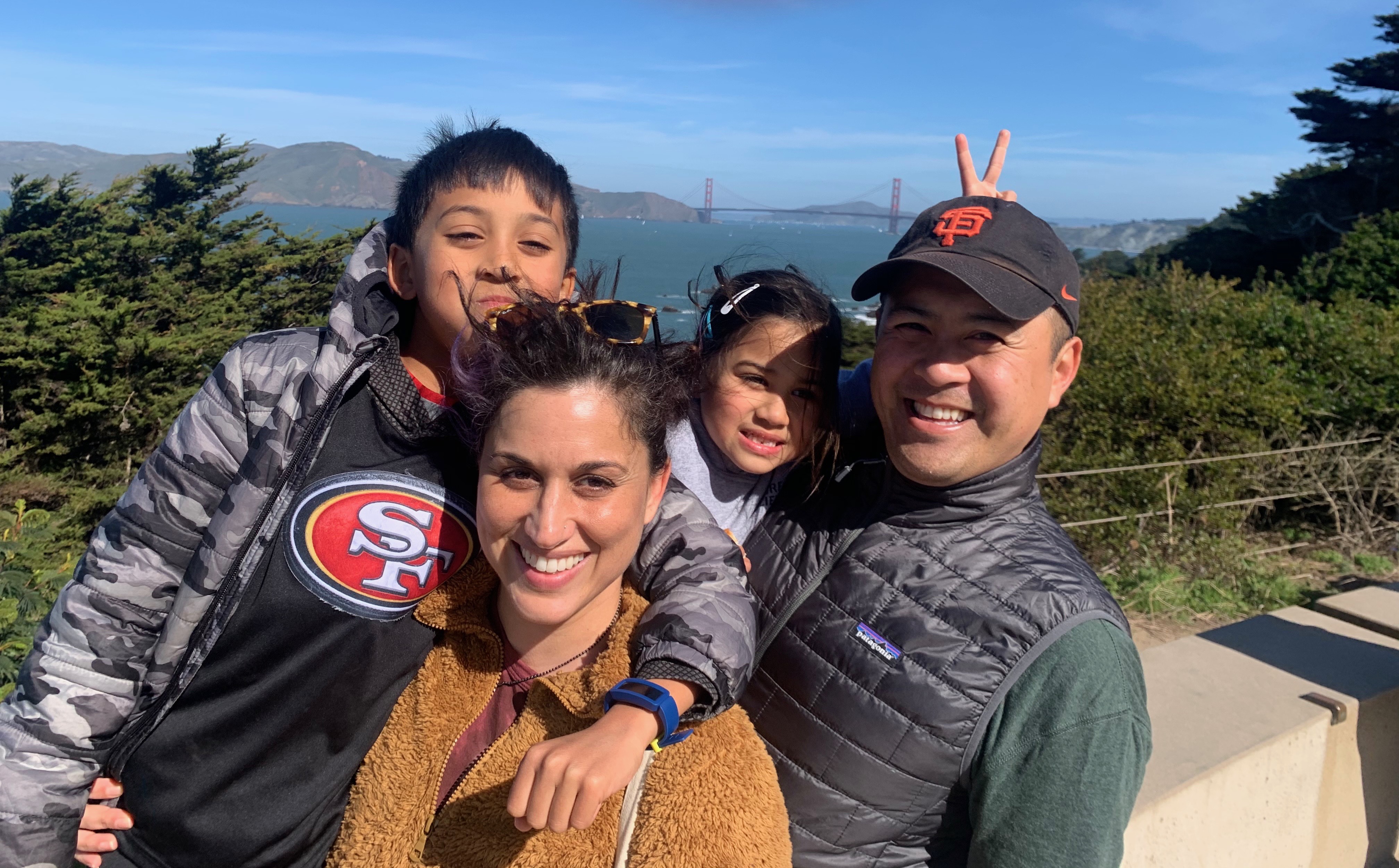- Your full title as you’d like it to appear.
Neeta Thakur, MD MPH, assistant professor of medicine, University of California, San Francisco; chair of ATS Health Equalities and Diversity Committee
- Three statements about you – two true, one false. (We tease each new Who’s Who with statements about each featured person – two of which are true, one of which is false, all to be revealed in the last answer.)
I am an Arizona Native.
As a kid, I appeared on the Wallace and Ladmo Show, the longest running, daily local children’s show in Phoenix.
I am fluent in sign-language.
- Give us your ‘elevator pitch’ biography.
I completed my undergraduate, medical, and public health degrees at the University of Arizona. By growing up in a mixed-income neighborhood, I learned early on how where you live and where you’re from greatly impacted your opportunity, a point that has stuck with me. Opportunity, or lack thereof, plays a large role in determining where people live, how individuals are treated, and their overall socioeconomic wealth. I came to University of California, San Francisco for my residency because of its strong track record in studying how social and environmental factors can affect health and have since focused my research on how social and environmental factors affect disease trajectory in obstructive lung diseases.
- What would you tell yourself as an Early Career Professional?
My first year as pulmonary fellow, shortly after my original mentor left the institution and as I was finding my own direction, my division chief gave me a great piece of advice, “You may find yourself where you didn’t expect, it may not be exactly what you wanted [or completely unrelated to where you came from], but sit with it for a while; otherwise, you won’t ever know what you may have missed.”
It was great advice, and even now, I take that into consideration when facing most decisions and opportunities, especially those that might be unexpected.
Early in our career we’re so focused on one track that we might miss opportunity without realizing it.
For example, an opportunity once came up for me to be part of a study on adverse childhood experiences. It wasn’t specifically about asthma, but I went with it because the people involved were amazing. We’ve now built the largest cohort focusing on childhood adversity, out of which have even come state recommended tools.
- If you weren’t in medicine, and were in a different industry altogether, what would you be?
There are two possibilities. I would either be in education, because I do think education is a way to increase opportunity, or I would have gone into law, because it’s really policies that determine how and where people live. Sometimes, when I’m working with patients and I can’t fix the root cause of what’s wrong (whether that’s related to housing, immigration, or financial issues) I think about how I might be able to address the underlying causes if I had a law degree.
- What is your favorite way to spend a day off?
With my family hiking and having a family picnic. I have two small kids, eight and six. Lately we’ve been heading  out to the Sutro baths and trying to walk among the old baths without falling into the water. It’s beautiful and right by the ocean.
out to the Sutro baths and trying to walk among the old baths without falling into the water. It’s beautiful and right by the ocean.
- What areas of medicine are you most excited to see develop?
I’m really excited there is this movement toward multidisciplinary care teams for precision medicine. For example, in addition to having care teams that would include a geneticist, radiologist, and oncologist for someone who has cancer, we would also use that model for vulnerable populations, where the care team might include a mental health practitioner, legal team, and case manager to meet the patient where they are. I’d like us to move towards a fully cross-sectional approach and remove silos.
- What is one advancement in your field you’d like to see in your career?
I would like to see multidisciplinary care models become sustainably and effectively implemented as a step forward to care for our patients as individuals, regardless of background.
- Ok. Which statement did you make up?
I’m not an Arizona native, I was born in Houston, TX, and moved to Arizona when I was nine months old.

